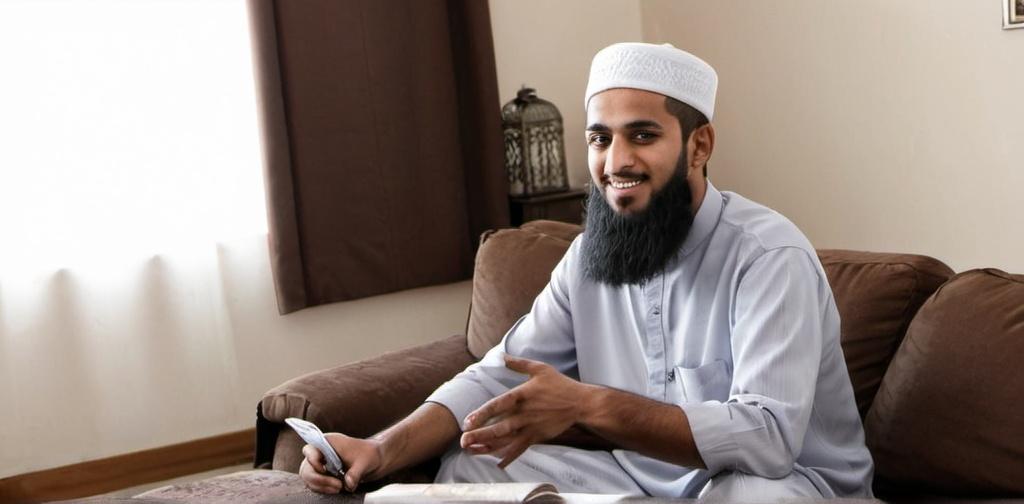Learn more about Automated Binary Options Trading

Automated Binary Options Trading: Overview
Automated binary options trading is like putting your investments on autopilot. In this trading method, algorithms take the wheel, deciding the best trades based on specific strategies. You set the rules, and the software does the rest. While it sounds like a dream come true, especially for those who find the stock market a bit too wild, there’s more to it when you’re looking at it through an Islamic lens. Is it halal, or is it haram? That’s the question.
What Exactly is Binary Options Trading?
Before diving (oops!) into its permissibility, let’s get a grip on what binary options trading is. It’s a financial option where the payoff is a fixed amount or nothing at all. Imagine betting on whether the price of gold will rise above $1,800 by the end of the day. If yes, you win a pre-set amount. If not, you lose your initial investment. Simple as flipping a coin, right? Not quite. The stakes are higher, and the implications, especially from an Islamic point of view, are deeper.
The Halal or Haram Dilemma
The halal/haram debate around binary options trading primarily revolves around elements of gambling and uncertainty, called *gharar* in Islamic finance. If it feels like you’re just placing a bet, that’s because, well, you kind of are. This brings it into the gambling territory, which is clearly a red flag. But wait, there’s more to chew on.
Gambling vs Trade: The Fine Line
In Islam, trade is halal. Gambling is not. Now, what defines gambling here? It’s the element of luck and uncertainty. In standard trading, decisions are ideally made based on research and strategy. With binary options, the outcome feels like it hinges more on luck. This is where the haram stamp often gets inked.
Interest and Riba
Another issue is interest, or *riba*. Binary options platforms might pay you returns which include interest. Since earning and paying interest is haram, this is another factor that makes binary options trading problematic for Muslims.
The Role of Automated Trading
Here’s another layer: automation. Some argue that automated trading strips away personal decision-making, making it feel more like gambling with pre-set conditions. If the algorithms were devised without proper Islamic guidelines, the risk of engaging in haram becomes tangible. Does the software consider the halal investment criteria? That’s key.
Making Automated Trading Halal
Some believe it’s possible to make automated trading align with Islamic principles. It involves rigorously coding strategies that comply with Shariah law, avoiding interest, speculation, and other haram activities. Yet, the market is littered with platforms that aren’t tailored to such needs, leaving many Muslim traders with their hands tied.
Real-Life Implications
Imagine you’re a Muslim trader who’s keen on exploring automated binary options but values faith over profits. What do you do? You could collaborate with an Islamic finance expert to develop a compliant strategy. A friend of mine, Ahmed, found a way around it by focusing on halal assets and using platforms that offered Islamic accounts. It’s a lot of groundwork, but the peace of mind is worth every bit.
Navigating the Risks
Binary options trading, automated or not, is not for the faint-hearted. The risks are real, and losing the initial investment is common. Couple that with the halal criteria, and it seems like a tough nut to crack. Yet, for those willing to tread cautiously and seek guidance, there might just be a path.
The Verdict
So, is automated binary options trading halal or haram? If you’ve been paying attention, you’ll know it’s not black and white. It’s about how you approach it, the strategies you employ, and whether they align with Islamic principles. While some scholars outright reject it due to the gambling-like structure, others suggest it could potentially be permissible if conducted in a manner that adheres strictly to Shariah law.
At the end of the day, it’s personal choices that dictate your financial journey, within the framework of your beliefs. Just remember, no investment is worth compromising one’s faith.